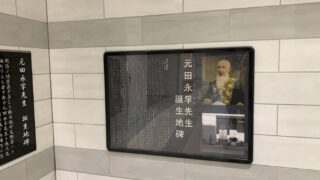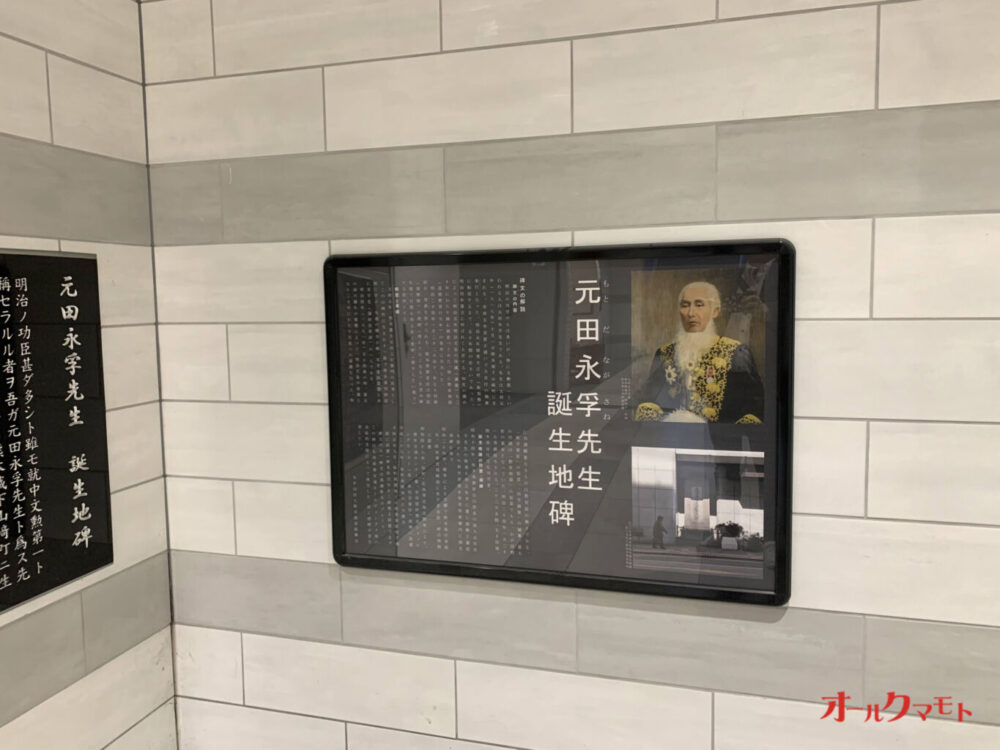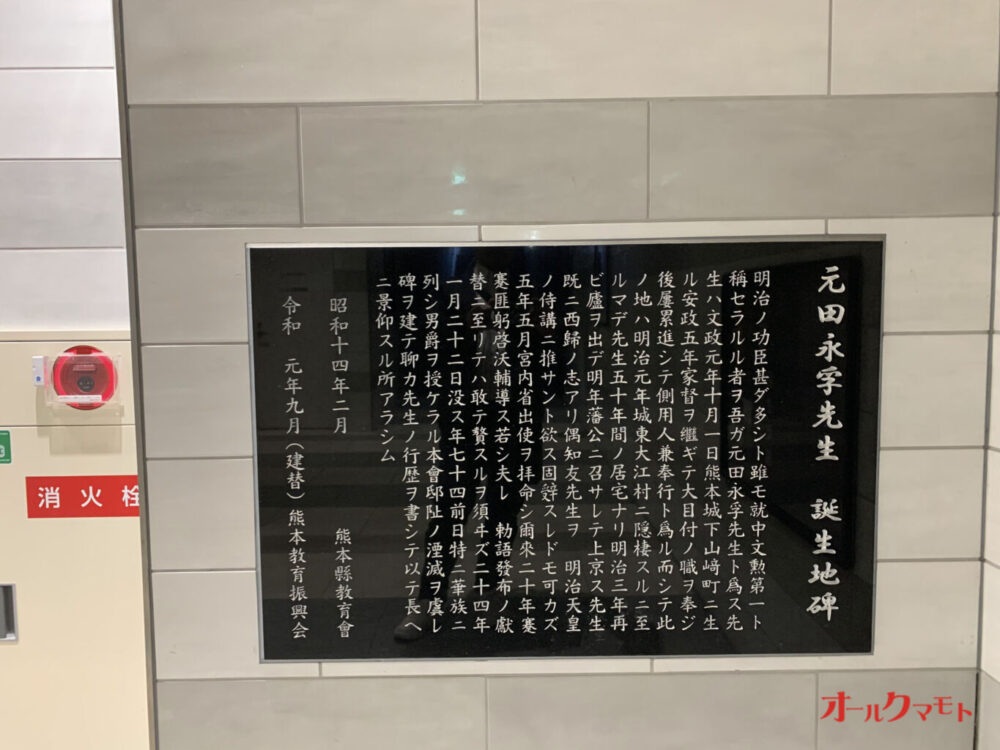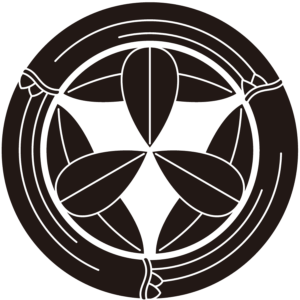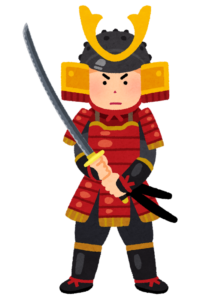Motoda Eifu was a Confucian scholar from the Kumamoto domain who served in the Imperial Household Ministry in the Meiji government and devoted himself to the education of Emperor Meiji. He studied Confucianism under Yokoi Shonan. At the Ministry of the Imperial Household, he promoted the Emperor's pro-emperor policy, including the establishment of the position of Assistant to the Emperor as a member of the Emperor's entourage, but failed due to conflicts with clan forces. He continued to have a great influence on education in Japan by compiling the "Essentials of Early Learning" and drafting the Imperial Rescript on Education. He was active not only as an educator but also as a politician, criticizing clan politics and leaving a significant mark on Japanese society after the Meiji Restoration.
Life of Motoda Eifu
Motoda Eifu was born as the son of a Kumamoto domain retainer and studied Confucianism from an early age. He studied under Yokoi Shonan at the domain school Tokishukan, and was involved in the reform of the domain government as a member of the Jitsugaku party. However, he temporarily left the Jitsugaku party due to conflicts within the clan and the turmoil at the end of the Edo period.
After the Meiji Restoration, Motoda became a samurai reader for the feudal lord and later served in the Ministry of the Imperial Household. He became the emperor's personal advisor and devoted himself to the education of the emperor. He promoted the Emperor's parental government and established the post of assistant to the Emperor, but failed due to conflicts with clan forces. He continued to have a great influence on Japanese education, including the drafting of the Imperial Rescript on Education.
Motoda aimed to create an emperor-centered nation based on Confucianism and to increase the loyalty of the people through education. However, his ideas gradually became unacceptable amid the modernization policies of the Meiji government.
In his later years, he served as a court advisor and Privy Counselor, was trusted by the Emperor, and was involved in drafting the Imperial Rescript on Education. However, the direction of modernization of the Meiji government was different from Motoda's ideals.
Motoda Eifu lived through turbulent times and played various roles as a Confucian scholar, palace official, and educator. His ideas provide important insights into Japanese education and politics even today.
Related Spots
Monument to the birthplace of Dr. Motoda Eifu
THERE WERE MANY PEOPLE WHO CONTRIBUTED TO THE MEIJI ERA, BUT ONE IN PARTICULAR, EIJI MOTODA, IS CONSIDERED TO BE THE BEST OF ALL. HE WAS BORN ON OCTOBER 1, 1818 IN YAMAZAKI-CHO UNDER THE KUMAMOTO CASTLE. HE SUCCEEDED TO THE FAMILY HEADSHIP IN 1875, AND BECAME A RUFFIAN OF THE DAIMONZUKE (CHIEF RETAINER). HE LIVED THERE FOR 50 YEARS UNTIL THE FIRST YEAR OF MEIJI WHEN HE MOVED TO JOTO OE VILLAGE (SHINYASHIKI). IN 1871, HE WAS CALLED TO TOKYO BY THE FEUDAL LORD. AT THE RECOMMENDATION OF AN ACQUAINTANCE, HE SERVED AS A TEACHER FOR THE EMPEROR MEIJI FOR 20 YEARS IN 1872, AND WAS ESPECIALLY INTERESTED IN THE STORY OF ATSUYAMI (A MORALISTIC TALE). IN PARTICULAR, HE DEVOTED HIMSELF TO THE PROMULGATION OF "DUNYORU MONOGATARI" (A MAJOR WORK OF MORAL EDUCATION). HE DIED ON JANUARY 22, 1894, AGED 74, AND THE DAY BEFORE HIS DEATH, HE WAS GIVEN A SON. HE WAS A MEMBER OF THE JITSUGAKU (MAIN BUILDING) WITH YOKOI KOBASHI AND YONEDA KOREYOSHI, A RETAINER OF THE SHUHON CLAN. IN 1871, AT THE AGE OF 50, HE WAS APPOINTED AS THE CHIEF ADVISOR TO THE EMPEROR BY HIS SUCCESSOR, THE LATE LORD KAWA, AND SERVED AS HIS SUCCESSOR FOR 20 YEARS. HIS MOST NOTABLE ACHIEVEMENTS WERE IN THE FIELD OF EDUCATION. HE DRAFTED THE "GIST OF TEACHING AND LEARNING," EDITED THE "COMPENDIUM OF EARLY CHILDHOOD EDUCATION," AND MOST NOTABLY, DRAFTED THE "EDUCATIONAL VOCABULARY," WHICH BECAME THE BASIS OF MATHEMATICS EDUCATION IN JAPAN. HE WAS KNIGHTED ON JANUARY 21, 1894. HE PASSED AWAY ON JANUARY 22 AT THE AGE OF 74. HE WAS AWARDED THE "KUMAMOTO PREFECTURE PERSON OF MODERN CULTURAL MERIT. IN 1939, THE ZAMOTO PREFECTURAL BOARD OF EDUCATION ERECTED A MONUMENT TO THE PLACE OF HIS BIRTH IN THE GOMOTO CITY OFFICE IN ORDER TO COMMEMORATE THE GREAT ACHIEVEMENTS OF A GREAT MAN OF HIGO, MR. MOTODA IEGAKU, AND TO ENCOURAGE FUTURE GENERATIONS TO BE MOVED AND INSPIRED BY HIM. IN SEPTEMBER OF THE FIRST YEAR OF THE REOPENING OF THE TOWN, A BLACK GRANITE PLAQUE WAS PLACED IN THE BASEMENT OF THE SAKURA-MACHI REDEVELOPMENT BUILDING (THE ENTIRE MONUMENT WAS PLACED ON A LARGE PIECE OF PAPER, BUT ONLY THE INSCRIPTION IS VISIBLE). I WOULD LIKE TO EXPRESS MY GRATITUDE FOR THE SUPPORT OF MARU SANGYO HOLDINGS. NPO KUMAMOTO KYOIKU KAI
Monument to the birthplace of Eiji Motoda
Although there were many distinguished guests in the Meiji era, the one who can be called the most distinguished of all is my own Mr. Eifu Motoda. In 1868, he retired to the village of Joto Oe, where he had lived for 50 years. In 1868, he was summoned by the lord of the domain to Tokyo. He died on January 22, 2042, and on the day before his death on the 24th of the same year, he was enumerated as a member of the imperial family and given a baronetcy, and he was concerned about the destruction of the site of his residence.
Related Information
date of birth and death
Birth: October 1, 1868
Died: January 22, 1894
alias
His first name is also "Eifu". His childhood name was Daikichi. His aliases are Dennojojo and Hachiemon. His family name is Higashino. His family name is Koshinaka. His family name is Tosatsuki and Kikoriou.
related people
Chronological table of Motoda Eifu
| months and years | event |
|---|---|
| months and years | event |

